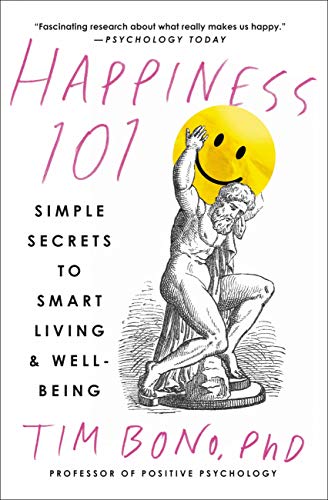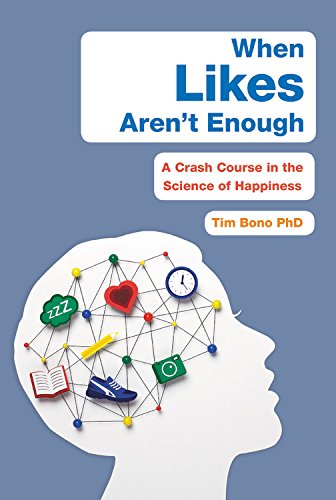My name is Amy Huff and I have been in Professor Keo-Trang’s cognitive psychology course for the past 8 weeks. I have a masters in counseling and career development and have been taking psychology courses to help me pursue application to PhD programs in clinical and/or counseling psychology. My bachelor’s degree is in Creative Writing (and from over a decade ago), so believe it or not, I have never taken a psychology course until this year! I have always been interested in cognitive psychology and cognitive neuroscience but have been intimidated by it due to its more “science-y” nature compared to counseling. However, I was always intrigued in my counseling courses by the references to what we know of how our brain functions and responds to certain therapies, situations, and environments. I decided to challenge myself and take this course. Since I don’t have any background in knowing parts of the brain and what their functions are, there has certainly been a learning curve for me in this course!
I read the book When Likes Aren’t Enough: A Crash Course in the Science of Happiness by Tim Bono. Tim Bono is a psychologist and a psychologist and brain sciences lecturer at Washington University. His focus is mostly on college students and their psychological health although all the principles he presents in the books are applicable to any adult.
These videos helps you learn a little bit about Dr. Bono:
And this TEDx talk gives you an idea of the angle Dr. Bono views the college student mental health crises:
When I first saw this book, I thought it would mainly be about the impact of social media on our mental health and happiness which is a huge interest of mine. However, as I started reading it, I realized it was more about what the implications of our being drawn to social media have on our society as a whole, how those implications impact our happiness, daily living, and mental health, and how research and what we know about our brain can help us be happier, and overall in my opinion, be simpler. I did just discover that the paperback version of this book has been re-titled as Happiness 101: Simple Secrets to Smart Living & Well-Being which I believe is a more fitting title.

Dr. Bono starts out the book by defining positive psychology, which is largely misunderstood. A common misconception is that positive psychology is about people being happy and that everyone who studies it and knows about it must know the secret to being happy. But to ask yourself if you are happy is to also tell yourself that there is a final destination in life – happy. And thus, if you are not happy, you are not successful, and you should be doing better, and on and on down that rabbit hole. However, if you ask yourself, “How can I become happier?”, this implies a process and opens up the way for us to take steps towards becoming happier, and turns our focus towards what we can control in our life. With this adjustment in our mindset, it opens us up to the remaining chapters in the book.
College students are notorious for not getting enough sleep. They are busy with classes, studying, and their social life and usually, sleep is the first item to take a hit on their calendar. In chapter 4, titled Sweet Dreams, Dr. Bono speaks of a fellow professor in physiology who routinely takes note of trends amongst the most successful students through her yearly surveys and conversations with graduating seniors. This is a diverse pool of students with different majors, financial backgrounds, study strategies, extracurriculars, etc. But she sees one theme that remains the same – these students prioritize getting eight hours of sleep each night. Instead of seeing it as a waste of time, they see it as a benefit to their day as awakening refreshed each morning is actually an asset to all that they need to do. For this we need to realize that certain parts and functions of the brain actually function best while we are sleeping. The hippocampus plays a crucial role in this creation and storage of memories, enabling us to tuck away what we have learned and pull it out when we need it. This learning, or encoding, or preparation according to the stages of creativity, is only the first step to committing something to memory. Incubation, or storage and consolidation is the necessary second step and this can happen when we take a break, focus on something else, or sleep. Sleep activates the regions of the hippocampus that consolidate what has previously been encoded in the brain. Without this process, the information we learned is not available for later retrieval and only stays in our short-term memory.
Another matter Dr. Bono touches on is attention or mindfulness training. In an increasingly fast-paced world where our attention is being drawn in so many different places, our society struggles to focus on tasks and also in just taking time for themselves for the brain to recharge. Studies have shown that mindfulness practice provides benefits on both psychological and physical levels and even changes the physical structures of our brain. The prefrontal cortex plays an important role in our emotional well-being. Through measuring the brain’s electrical activity, scientists have discovered that happier people tend to have a higher level of activity on the left side of the prefrontal cortex when compared to the right side. Researchers have discovered that meditation and attention training (even after only eight weeks!), increases the ratio of left-to-right prefrontal cortex activity.
I found this book to be helpful for me personally to see more practical applications of what I have learned in my cognitive psychology course. As one who has worked with college students as a career counselor, I think this book would be immensely helpful for college students to read as it could help them have a more realistic view of their college experience which in turn could help them be more engaged, invested, and successful in college. It would also be helpful for the rest of their life, helping them engage in a mindset of growth and learning as they navigate the world of work, relationships, and adulthood.
Bono, T. (2018). When Likes Aren’t Enough: A Crash Course In the Science of Happiness. Grand Central Life & Style.
